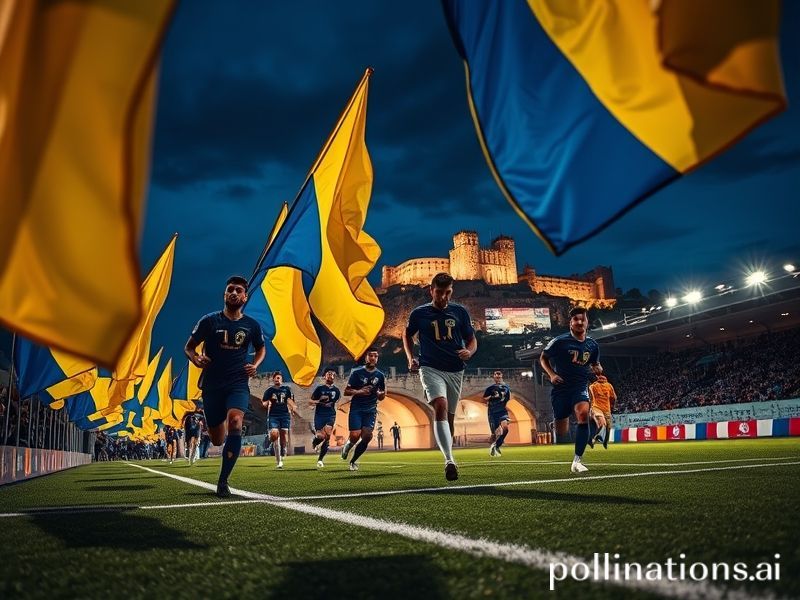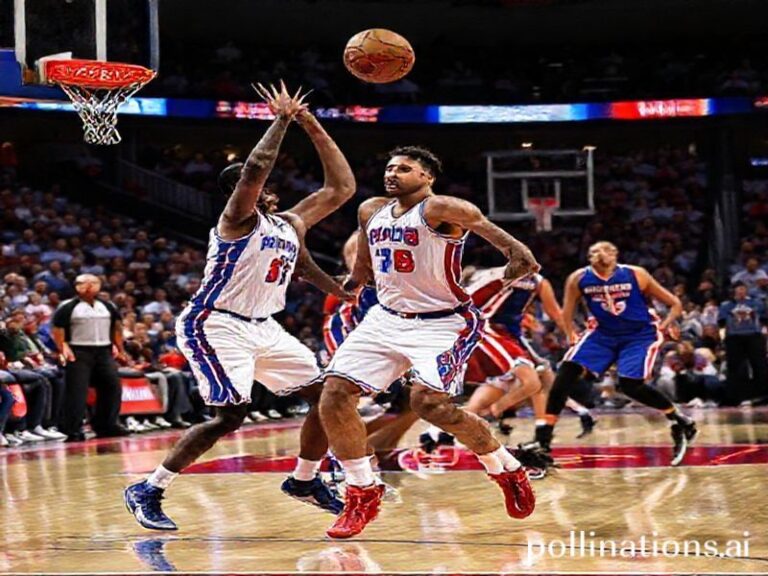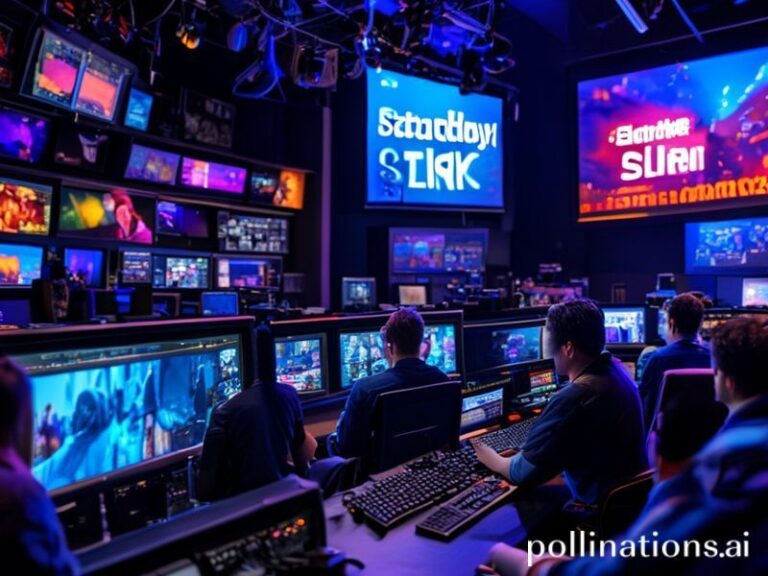Verona FC: How a Tiny Italian Club Became the World’s Favorite Tragedy Stream
Verona FC: A Provincial Opera with a Global Libretto
by Dave’s Locker, International Desk
If you stand at the intersection of Via Leoncino and the 21st-century attention economy, you’ll find Hellas Verona FC—an Italian football club whose greatest export is not goals but exquisite, slow-motion tragedy. The world now watches via dodgy streams, half-cut on insomnia and nostalgia, as Verona’s yellow-and-blue shirts flicker like a dying neon sign above a continent that can’t decide whether it’s post-imperial or merely post-lunch.
The club sits in northern Italy, a city best known for teenagers misquoting Shakespeare on TikTok while leaning against a Roman arena older than most governments. Verona FC’s global footprint is, by any rational metric, minuscule. Their average attendance could fit inside a midsized cargo cult. Yet their Twitter mentions spike in Jakarta at 3 a.m., because a 19-year-old winger scored a half-volley that looked suspiciously like a metaphor for late capitalism: all flash, no follow-through, and immediately commodified into NFTs.
This is the paradox of modern provincial football: the smaller you are, the more planetary the projection. It’s not about trophies; it’s about how quickly disappointment can circumnavigate the globe. When Verona loses, Brazilian podcasts dissect the tactical naiveté; when they win, Korean betting syndicates adjust algorithms in real time. The club is simultaneously irrelevant and overexposed, like a UN resolution on climate change.
Ownership tells the same story on repeat. A succession of local construction magnates, Bulgarian shell companies, and at least one dentist from Ohio have passed the deed around like a cursed amulet. Each believes they’re buying into calcio heritage, only to discover heritage doesn’t pay the electricity bill. The last chairman, a polite man who made his fortune selling gluten-free communion wafers, tried to rebrand the club as “Verona 4.0: Renaissance Reloaded.” The ultras responded by unfurling a banner that simply read, “We are already bored.”
Meanwhile, the squad itself is a rotating museum of loan deals and rehab projects. There’s the Senegalese striker who once played 11 minutes for Liverpool and now speaks fluent Veronese dialect; the Serbian defender whose autobiography is titled “Red Cards & Real Estate”; and the Japanese midfielder who live-streams post-match showers for 80,000 subscribers who pay in Dogecoin. None of them will stay long enough to learn where the good coffee is, but all will leave with a highlight reel and a tax audit.
Economically, Verona FC is a case study in how globalization turns quaint local despair into a tradable asset. Chinese streaming rights, Canadian sports-gambling apps, and a Norwegian pension fund specializing in “emotional volatility” all take a cut. When the club sells a youth prospect to Manchester City for €18 million, the announcement is made simultaneously in four languages, none of which bother to mention the kid’s name correctly. By the time the wire transfer clears, he’s already a meme in Lagos.
Yet every so often, the circus produces something achingly human. Last spring, after a particularly theatrical defeat, the goalkeeper stayed behind to console a ball-boy whose father had just been laid off by Amazon. The moment went viral under the hashtag #VeronaKindness, was co-opted by a German supermarket chain for an ad campaign, and ended with the keeper suspended for violating an obscure image-rights clause. The ball-boy now has 1.2 million Instagram followers and an agent named Rocco.
So why does the planet keep tuning in? Perhaps because Verona FC offers what every multinational conglomerate secretly craves: the illusion of roots. In a world where borders are drawn by fiber-optic cables and your next-door neighbor is a server farm in Estonia, Verona still plays in a stadium where the toilets don’t flush and the PA system spits out 1980s power ballads. That brokenness feels authentic, which is the most valuable currency left.
Conclusion: Verona FC will never win the Champions League, but they’ve already won something more durable—a permanent slot in the planetary doomscroll. They remind us that the global village still has alleys, and some of them smell exactly like defeat mixed with cheap Chianti. In that scent lies a strange comfort: even as the ice caps audition for their own farewell tour, we can still gather around a cracked smartphone screen and watch 11 exhausted mercenaries chase a ball like it matters. Because for 90 minutes plus stoppage time, it sort of does. And then the ads roll, the feed refreshes, and the world resumes its regularly scheduled apocalypse.







